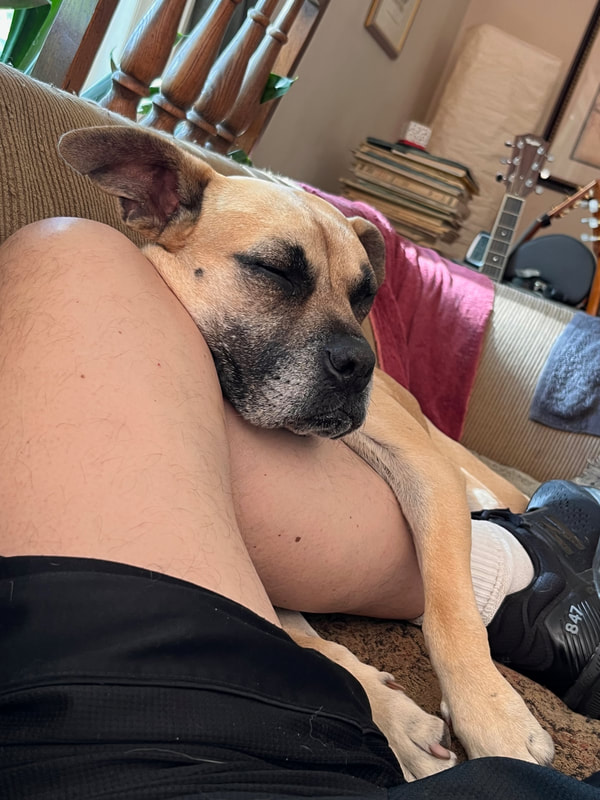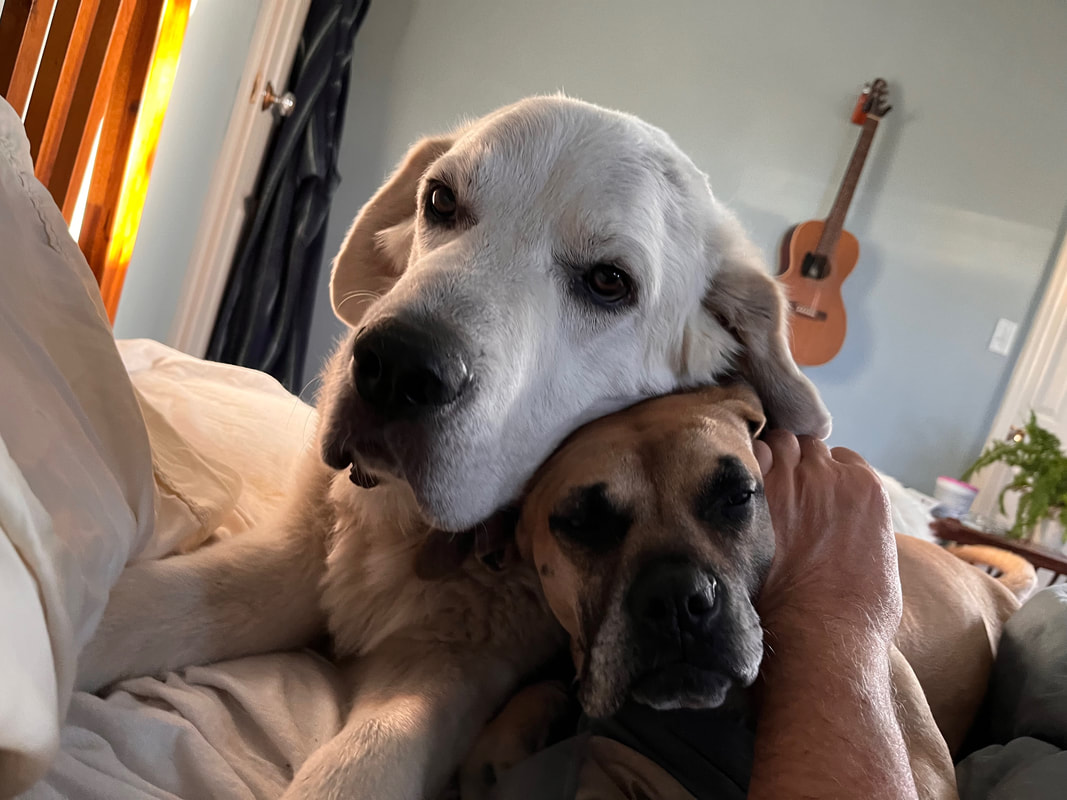Dr. Jay Schneiders

Dr. Schneiders is Board Certified by the American Board of Professional Psychology (www.theABPP.org) in both Clinical Neuropsychology (www.theAACN.org) and in Clinical Health ['medical'] Psychology. He is licensed to practice psychology in the State of Colorado where his office is located in the Clarkson Medical-Dental Center in Englewood, Colorado, a block from Swedish Medical Center.
Dr. Schneiders earned his doctorate in Clinical Psychology from the University of Colorado at Boulder, and completed internship and post-graduate subspecialty training at the Denver Veterans Affairs Medical Center, under the inspired direction and supervision of Dr. Jim Grigsby.
Dr. Schneiders was one of the earliest members of the former Colorado Neurological Institute, and served as program Psychological Director for its Epilepsy, Movement Disorders, Sleep Disorders, Brain and Spinal Tumor, Multiple Sclerosis, and Stroke programs over the years, and most recently directed the Neuropsychology and Behavioral Medicine Program at the Institute. He also served as a member of the CNI Medical Advisory Board and Medical Advisory Committee for over a decade.
Dr. Schneiders has more than thirty years experience evaluating pre-surgical patients for safety and neuropsychological clearance for seizure/epilepsy surgeries, many decades' experience evaluating people for DBS (deep brain stimulation neurosurgery for Parkinson's disease, dystonia, and tremor), as well as a number of years experience working intensively with kidney, pancreas and liver transplantation patients.
Dr. Schneiders served as psychological director and consulting clinical health psychologist for a hospital-based, regional solid organ transplantation program in Denver for many years, and for a number of years served as the Neuropsychology Board Member on the national Stroke Association's Rehabilitation and Recovery Advisory Board.
He has held faculty clinical and teaching positions at the University of Colorado-Boulder, the University of Colorado School of Medicine, The Denver V.A. Medical Center, Denver University School of Professional Psychology, and Rocky Vista University Osteopathic School of Medicine.
_____________________________
On a more personal note:
Dr. Schneiders was born in Detroit, Michigan in the early 1950s, and grew up in a family of writers and activists in the midst of the early Civil Rights Movement. He lived, during his childhood, in widely different kinds of places: both in major metropolitan areas, but also in a one-street rural farm town that had a wood-slat sidewalk on which he walked barefoot each day to the general store to get the family mail, and where the paperboy delivered the local newspaper on a horse.
As a child, he began seriously studying the piano at age three, but ultimately dashed his parents’ hopes for a concert career owing to a prolonged youthful quest to become, initially, a Major League Baseball player (he had a lousy fastball and a tendency to throw wild pitches), and then, later on – perhaps even worse -- a rock and roll star. His high school band was appropriately called, “Mass Confusion,” something obviously also true of Dr. Schneiders’ career thinking and trajectory during those very early years.
After undergraduate study at Grinnell College and Michigan State University, where he earned a bachelor’s degree in music and religious studies, Dr. Schneiders took graduate degrees in Comparative History (Brandeis University), Psychology of Religion (Boston University), and spent a year as a Chaplain at McLean Psychiatric Hospital, before moving to Boulder, where he (finally) completed his doctorate in Clinical Psychology. Your peripatetic doctor then completed two years of supervised subspecialty training in Neuropsychology and in Clinical Health Psychology before sitting for his board certification examinations in each of those specialties.
For some years a devoted and reasonably widely published poet, Dr. Schneiders discovered along the way that he had absolutely no talent whatsoever for fiction or for writing screenplays, and given the fact that a life in Poetry was likely to serve him about as well as he seemed arguably to be serving it, moved along, so that today he writes, well, mostly reports. He has also taken to playing the guitar in his time off, and (like every single doctor who describes his or her personal life in a bio like this one), Dr. Schneiders truly also loves to explore the world of the Colorado outdoors, any chance he gets.
Dr. Schneiders shares his home with his furry companions, Moose and Piglet.
In all seriousness, Dr. Schneiders believes that the diversity of experiences, study, perspectives and dimensions to life he has been fortunate enough to discover and to have been so often so generously helped to experience, do very much actually inform his clinical work: They remind him on a daily basis that the differences between us must always be recognized, appreciated, understood and respected, and at the same time, underscore that the deeper similarities we seem most often to share at root, are always worth looking for, and whenever and wherever these are found, are to be celebrated and cherished.


